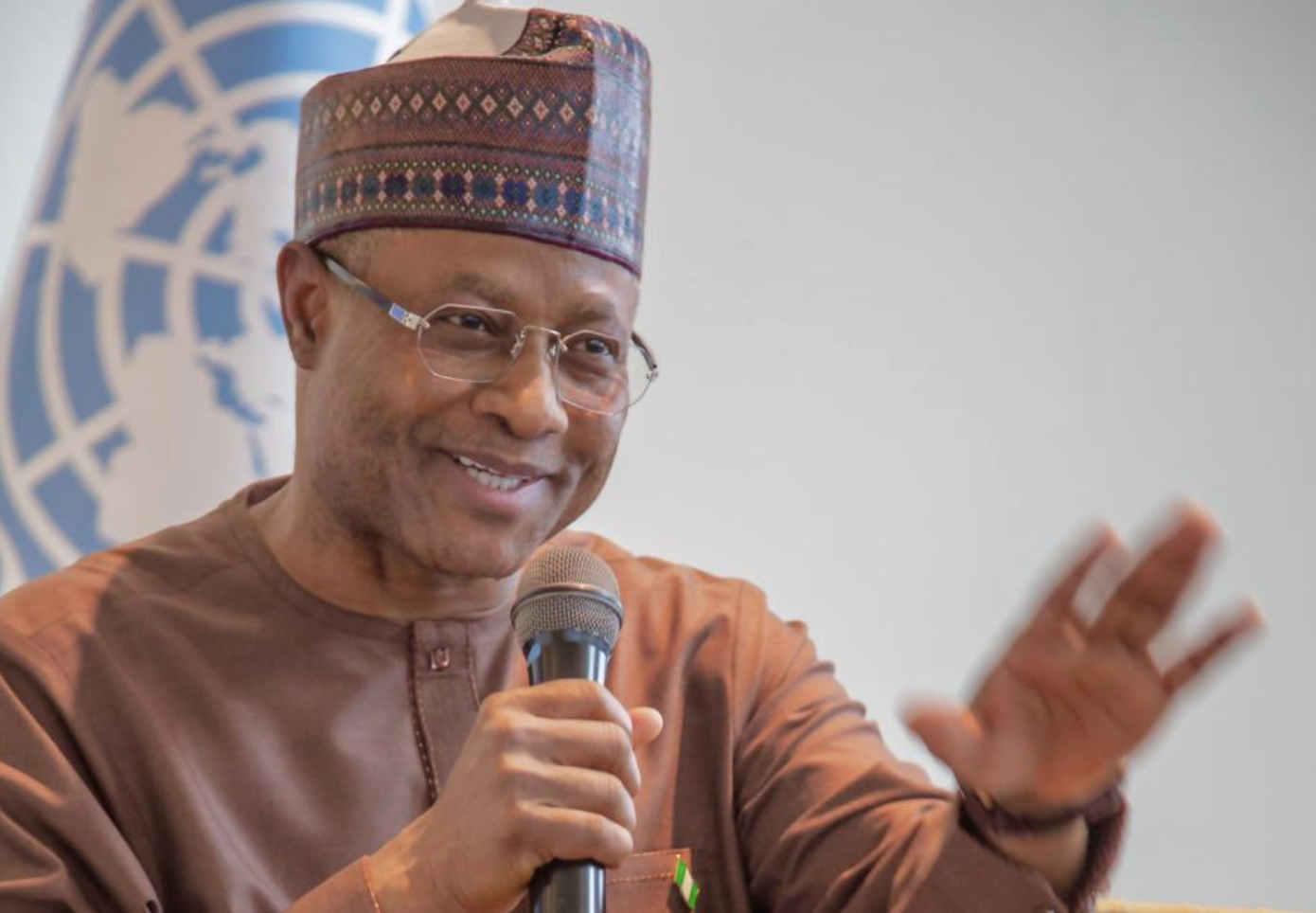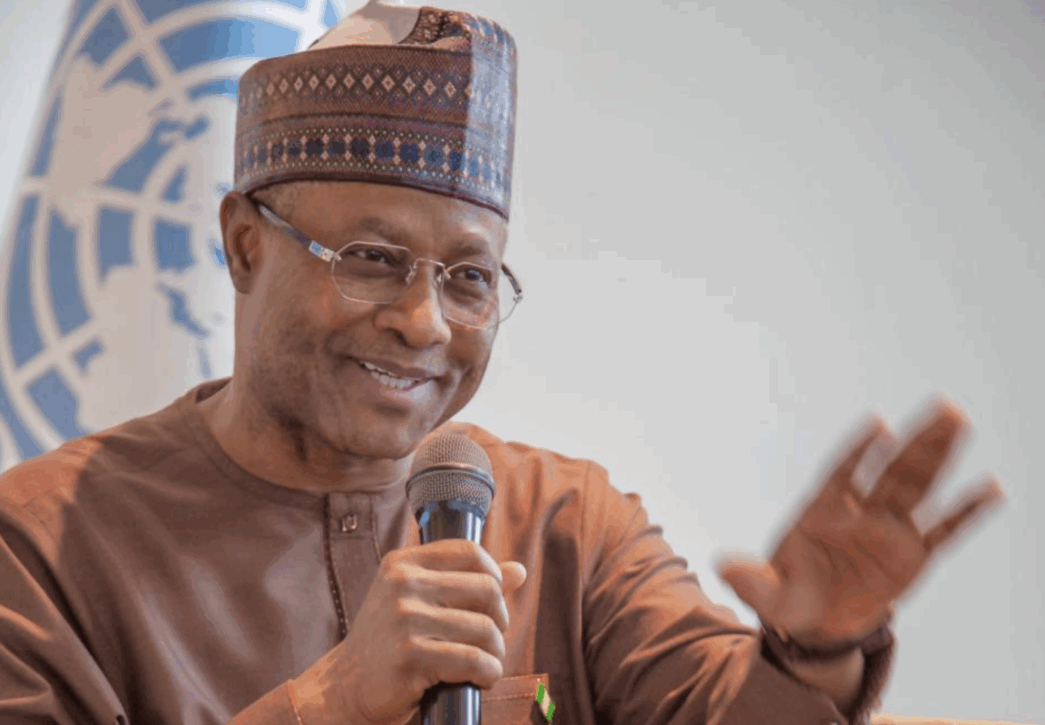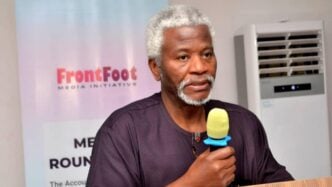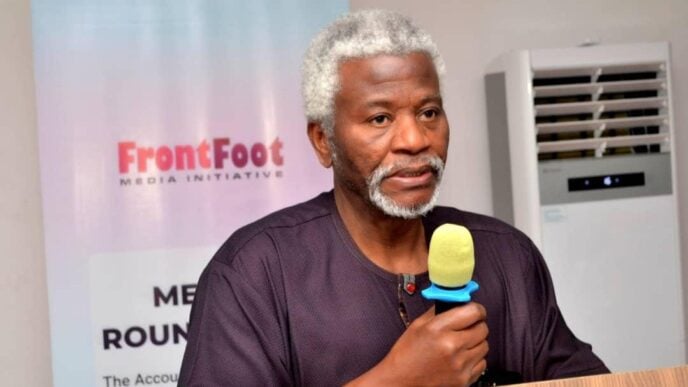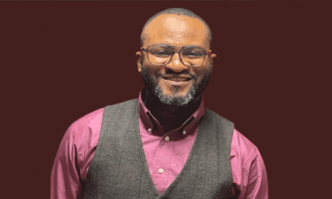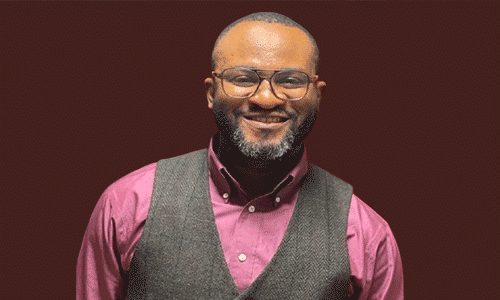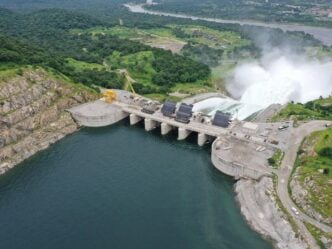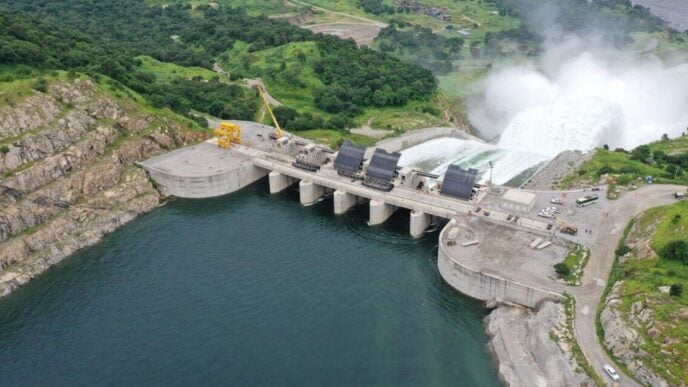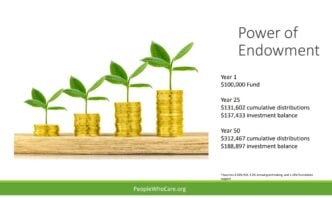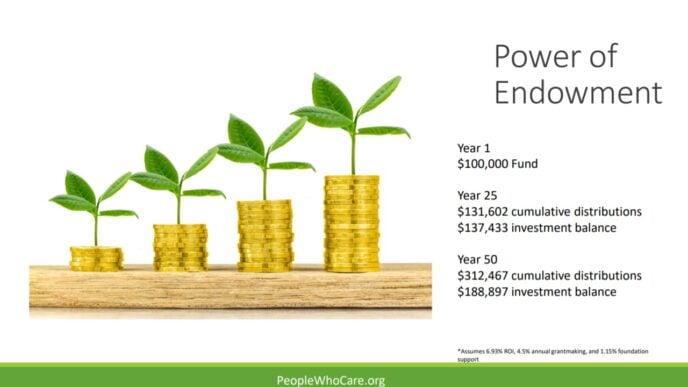BY ALI AHMED MAHMOOD
Nigeria’s presence at the 80th session of the United Nations General Assembly (UNGA) was not only profound; it was transformative. The world’s diplomatic epicentre, convened once again in New York, bore witness to a reawakening of Nigeria’s global vision, articulated with statesmanship and moral clarity by President Bola Ahmed Tinubu and eloquently delivered by his distinguished Vice President, Senator Kashim Shettima. It was a masterclass in international statesmanship. With measured cadence and rhetorical finesse, Vice President Shettima delivered the President’s national statement with a compelling gravitas that demanded attention and respect. His poise, intellectual clarity, and emotional cadence elevated Nigeria’s address beyond the realm of diplomacy; it became a rallying cry for reform, justice, and shared prosperity in a fractured world order.
In that moment, Nigeria stood not just as Africa’s most populous democracy, but as a moral voice calling for overdue transformation in the architecture of global governance. President Tinubu, through the Vice President’s peerless delivery, urged the United Nations to reform itself, to move beyond the historical residue of a post-World War II geopolitical structure and embrace a new, multipolar reality where Africa is not a footnote, but a formidable force. Nigeria, he argued persuasively, is no longer a colonial subject but a sovereign nation of 236 million people, projected to become the third most populous country in the world, a stabilising force in its region, and a consistent peacekeeper in the global community. The President’s demand for a permanent seat on the UN Security Council was not a mere diplomatic request, it was a moral imperative grounded in demographic logic, historical contribution, and the aspirations of a continent too long marginalized.
Yet, beyond the lofty halls of the General Assembly, it was within the dynamic ecosystem of side events and bilateral dialogues that the resonance of Nigeria’s renewed hope found an unexpected but no less powerful echo, through the deliberate and impactful presence of Senator Uba Sani, the Governor of Kaduna State. His participation was not ceremonial. It was strategic. It marked an inflection point in the evolving narrative of Nigeria’s engagement with the world: a moment when sub-national actors, hitherto peripheral in the theatre of international diplomacy, stepped forward as articulate proponents of the country’s reformist agenda.
Senator Uba Sani’s presence in New York symbolised more than Kaduna’s aspirations; it reflected the ideological and developmental synchrony between the Renewed Hope Blueprint of President Tinubu and the pragmatic, results-oriented leadership being institutionalised in sub-national Nigeria. At a high-level side event, under the theme “Global Partnerships, Local Prosperity: Unlocking Nigeria’s Renewed Hope Blueprint for Sustainable Growth,” Governor Uba Sani emerged as a persuasive and polished advocate of both federal reform and state-level innovation. He articulated, with intellectual rigour and diplomatic finesse, the manner in which national policies, such as subsidy removal, exchange rate unification, and tax reforms, are not only stabilising macroeconomic fundamentals but are creating fertile ground for inclusive, bottom-up development in states like Kaduna.
Advertisement
With precision and nuance, he detailed Kaduna’s efforts to harmonise its development agenda with federal reforms. The State’s Special Agro-Industrial Processing Zone (SAPZ) is revitalising agricultural value chains, generating employment, and lifting rural communities out of poverty. Under Governor Uba Sani’s leadership, Kaduna has become a frontline implementer of the federal Students Loan Scheme, ensuring that access to education is not the preserve of the privileged but a lifeline extended to children from low-income households. His state’s advances in financial inclusion, digital tax infrastructure, and internal revenue expansion reflect a modern, forward-thinking approach to governance, one that is both aligned with national objectives and responsive to local realities.
Perhaps the most compelling dimension of Governor Uba Sani’s engagements at the UNGA was his ability to translate domestic reforms into a language of global partnership. He did not merely inform the world of Nigeria’s transformation; he invited it to participate. This invitation found concrete expression in the landmark bilateral agreement signed between the Kaduna State Government and the Bill & Melinda Gates Foundation. The Kaduna Mutual Accountability Framework (KaMAF), signed on the margins of UNGA, represents a groundbreaking model of sub-national engagement in the international development space. Far from being a perfunctory memorandum, the framework introduces a disciplined, transparent, and citizen-centred platform for strategic dialogue, measurable commitments, and mutual accountability.
Covering critical sectors such as primary healthcare, agriculture, data management, budgeting, and women’s economic empowerment, KaMAF elevates Kaduna’s development blueprint to an international template. It reaffirms that development is no longer the exclusive domain of national governments and multilateral agencies. It is now a co-creation space where local innovation meets global expertise. Governor Sani was unequivocal: “The KaMAF represents a bold shift from promises to delivery. By ensuring accountability, transparency, and alignment with the priorities of our citizens, Kaduna is working toward building a more inclusive, resilient, and prosperous future.”
Advertisement
The Gates Foundation’s response was equally emphatic. Uche Amaonwu, the Foundation’s Country Director for Nigeria, observed, “We are not just investing in systems; we are investing in people, in communities, and in the institutions that support sustainable change.” With this framework, Kaduna State joins a rarefied league of sub-national governments that have earned the confidence of one of the world’s most influential philanthropic organisations. KaMAF is not just an agreement; it is a validation of Kaduna’s governance ethos and a replicable model for sub-national development in the Global South.
Governor Uba Sani’s schedule at UNGA reflected not only a commitment to dialogue but a deep understanding of strategic visibility. He featured at the Gates Foundation’s “Goalkeepers 2030” event, an elite convening of global leaders focused on ending preventable child deaths by 2030. The theme dovetailed seamlessly with Kaduna’s health sector priorities. In conversations with Bill Gates and Spanish Prime Minister Pedro Sánchez, Governor Sani reinforced the urgency of strengthening primary healthcare and reducing maternal and child mortality. His message was clear: Kaduna is not waiting for development, it is building it, systematically, inclusively, and sustainably.
Governor Sani’s engagements in New York point to a deeper paradigm shift: the ascent of sub-national diplomacy in Nigeria’s foreign engagement. Where states were once silent spectators in the international arena, they are now emerging as active nodes in the architecture of global cooperation. Kaduna, under Uba Sani’s stewardship, exemplifies this evolution. It has become a laboratory of reform, a test case for decentralised development, and a harbinger of Nigeria’s broader transformation under the Tinubu presidency.
The President’s national reforms – difficult but necessary – are beginning to radiate their impact downward. The economic restructuring underway in Abuja is creating the enabling environment for states like Kaduna to attract investments, negotiate bilateral partnerships, and articulate development priorities that are both locally grounded and globally relevant. Uba Sani is not simply riding the wave of national reform; he is harnessing it with skill and vision, embedding it in Kaduna’s institutional DNA, and extending its logic to international corridors of influence.
Advertisement
In this, he echoes not only the words but the spirit of President Bola Ahmed Tinubu’s Renewed Hope blueprint, a philosophy of leadership that is unafraid of difficult choices, impatient with mediocrity, and committed to the dignity of every Nigerian. His presence at the UNGA, measured, articulate, and impactful, signals a maturing of Nigerian federalism. No longer is the centre the sole custodian of Nigeria’s global narrative. The states, when led with purpose and clarity, are capable co-authors.
Governor Uba Sani’s participation in the 80th United Nations General Assembly was not merely notable, it was historic. It set a new benchmark for sub-national engagement, proving that the global relevance of Nigeria must be matched by the global readiness of its constituent units. His performance was a declaration that Kaduna is open for business, ready for partnership, and poised to lead not just within Nigeria but across Africa and the broader developing world.
As the echoes of UNGA 80 reverberate through diplomatic, philanthropic, and policy circles, the image of Governor Uba Sani walking the halls of multilateral power, armed with facts, reform logic, and a clear development vision, remains indelible. It was the image of his beloved state,Kaduna, emerging from the shadows of dependency into the light of global agency. It was the image of a leader,Uba Sani, demonstrating that sub-nationals can no longer be footnotes in Nigeria’s story, but must be protagonists of its future.
And ultimately, it was a validation of President Bola Ahmed Tinubu’s Renewed Hope Agenda: that from Abuja to Kaduna, and from Nigeria to the world, the architecture of reform is not only being imagined but being built, block-by-courageous-block.
Advertisement
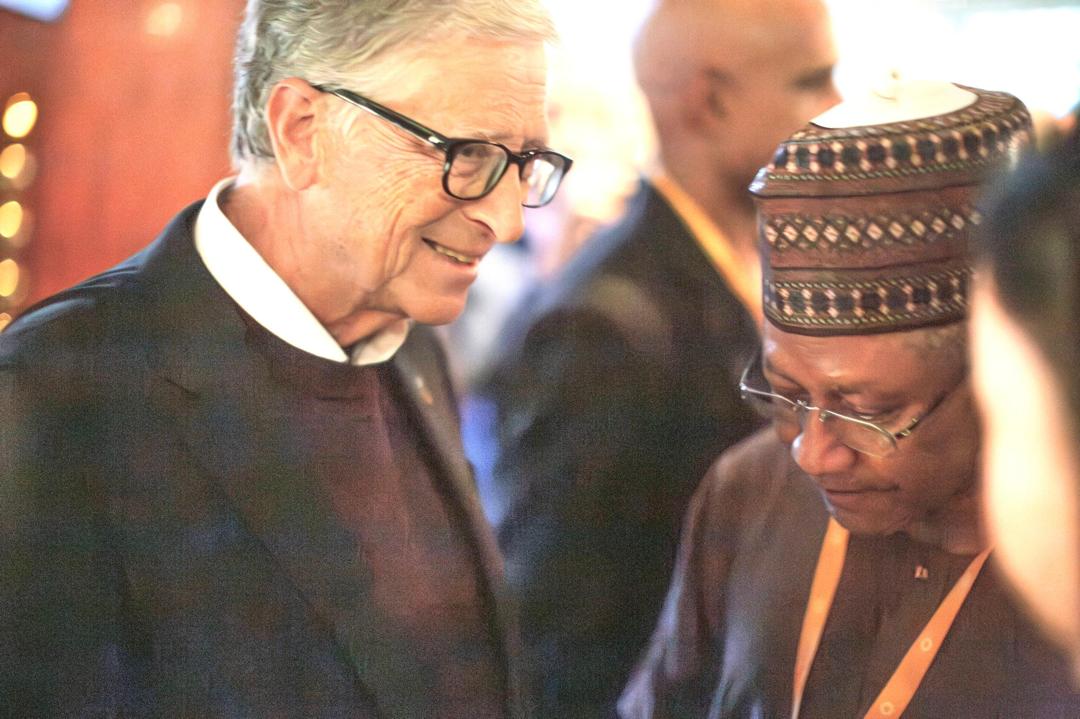
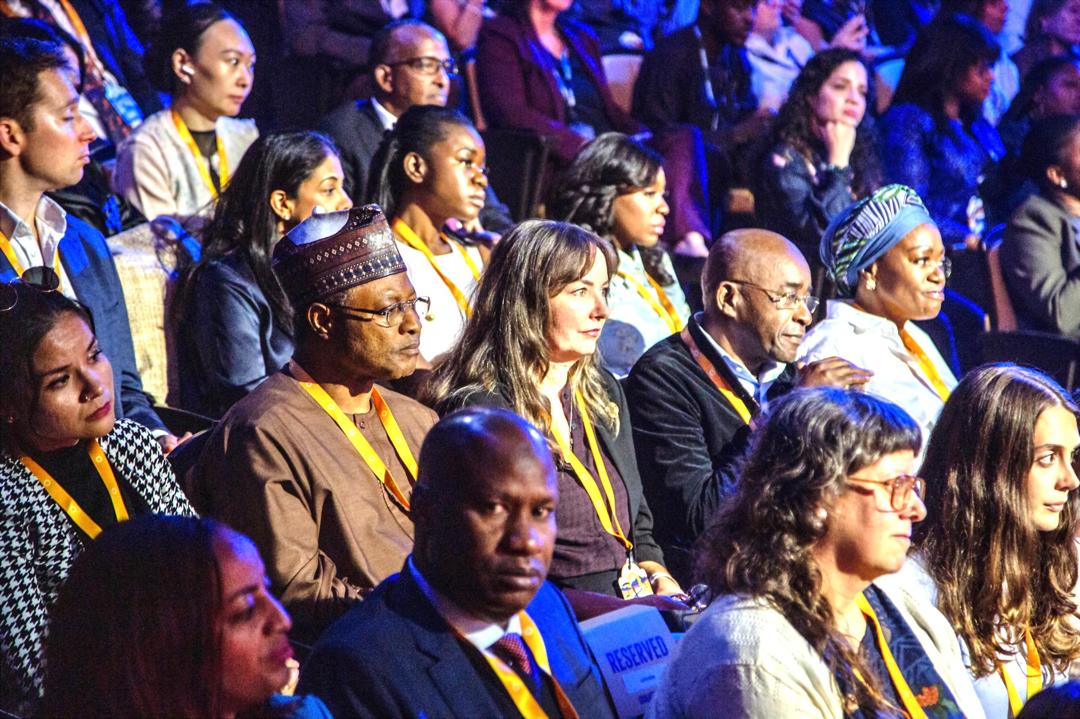
Advertisement
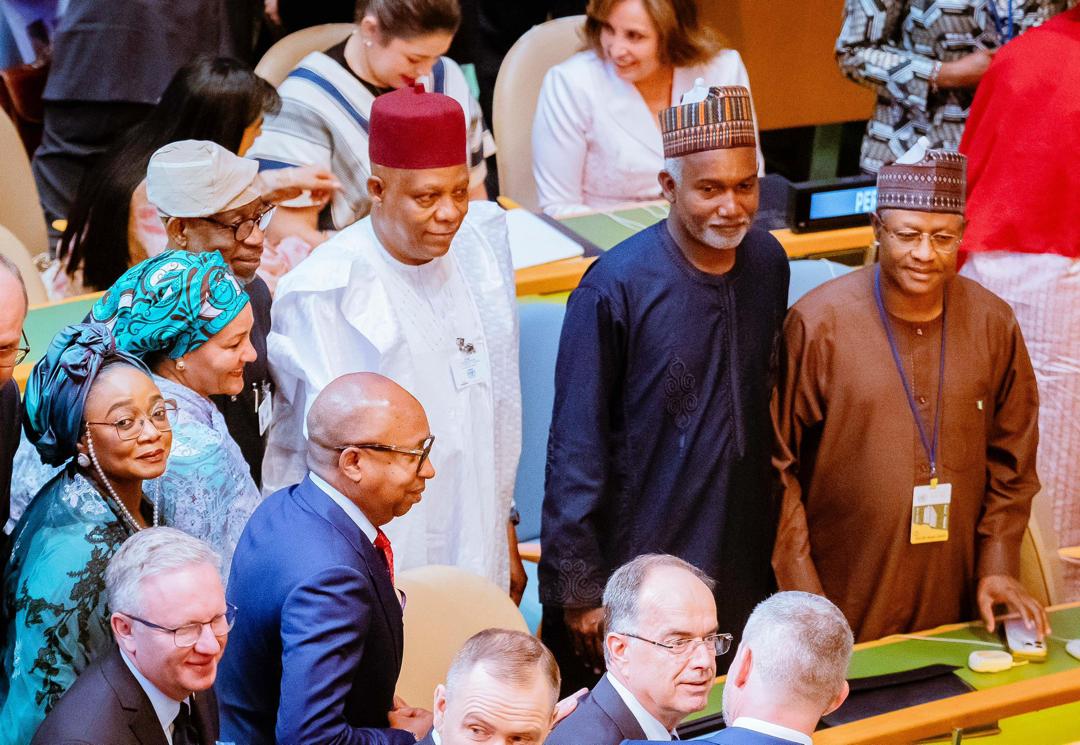
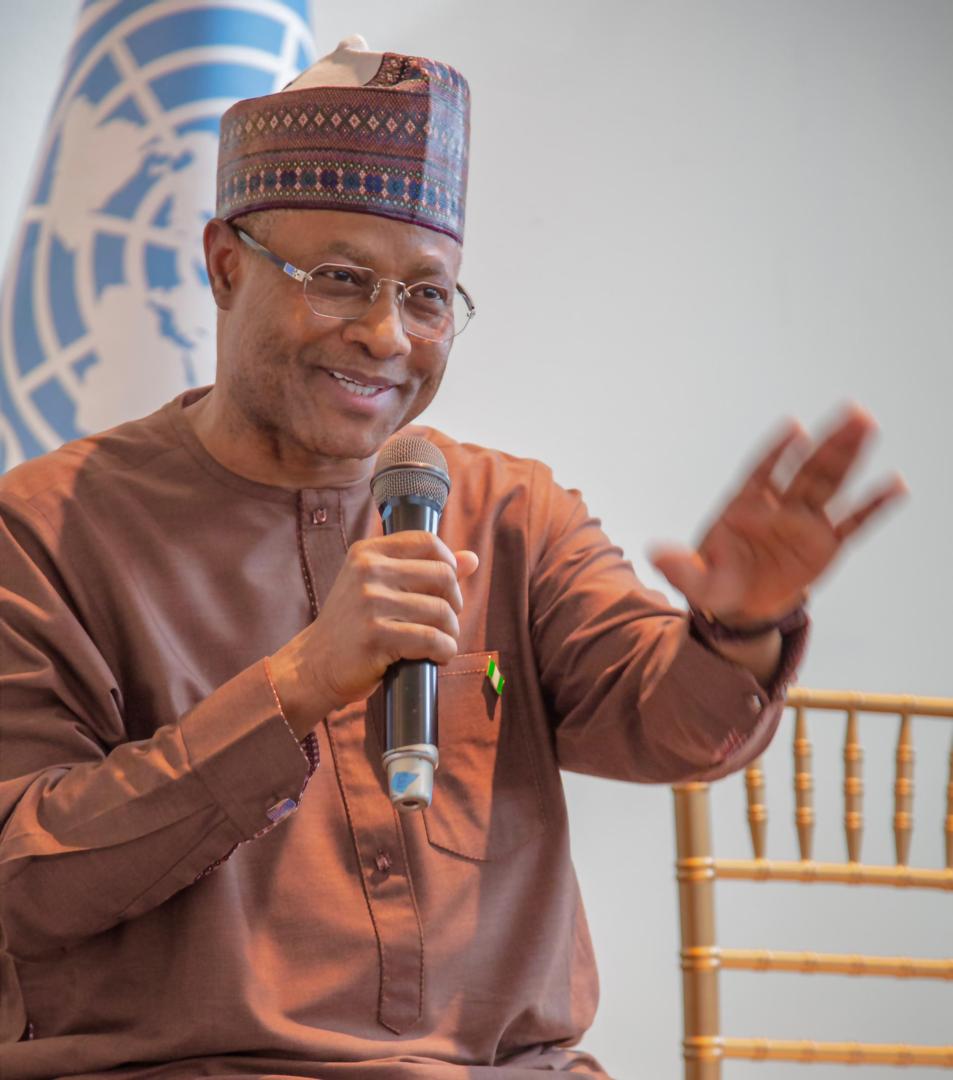
Advertisement
Ali Ahmed Mahmood, a journalist, was in New York for the 80th session of the United Nations General Assembly (UNGA)
Advertisement
Views expressed by contributors are strictly personal and not of TheCable.
